How to Sell My Organic Products From Home? [Online Business Guide]

Are you in the business of supplying and distributing organic food? Are you ready to deliver food products from your farm? You may come with the idea to expand the marketing of your organic products. In this way, you deliver your top-quality organic, natural, and healthy food across your local by creating an online e-commerce website.
You may either be into a family-run food business, or you may start your home-based business of selling with the minimum resources. You will proceed to transform your marketing into an incredibly ever-successful. Owning an e-commerce website will be an exciting move into a much larger and profit-gaining vocation.
So, start to sell your organic products online to put an end to a makeshift shed!
What is the organic online supermarket?
Because of the rapid increase of technology, our eating habits have changed. Today, supermarkets are fully packed with unnatural and processed foods. They have many preservatives, chemical flavors, and colors that are hazardous to our health.
The organic online supermarket is a truly life-changing mechanism!
An organic online supermarket consists of all-natural nutrients. Organic products are stuffed with healthy and fresh ingredients. Organic foods are produced from organic farms. In an organic online supermarket, you sell everything such as fresh fruits, fresh-cut vegetables, fresh meat and fish, dairy and eggs, organic and unhomogenized drinks, organic bakery, etc.
Checklist: 10 Steps to successfully sell organic products from home
Identifying your target audience: It's important to identify your target audience and tailor your products and marketing efforts to meet their needs. This may include considering factors such as age, gender, location, and interests.
Sourcing your products: It's important to carefully consider where you source your organic products from. This may include growing your own products or purchasing them from a wholesale supplier.
Setting up a sales platform: There are many options for selling your organic products from home, including creating an online store, selling through existing marketplaces or platforms such as Etsy or Amazon, or selling at local markets or events.
Creating high-quality product images and descriptions: Good product images and descriptions are essential for attracting and converting customers. Make sure to take clear, professional-looking photos and write detailed, informative product descriptions.
Marketing and customer acquisition: Finding the right marketing strategies and channels to reach potential customers is key to success in the organic product industry. This may include social media marketing, email marketing, paid advertising, or partnerships with influencers.
Customer service and support: Providing excellent customer service and support is essential in the organic product industry, as customers may have questions or concerns about your products. It's important to have a system in place to handle customer inquiries and resolve any issues in a timely manner.
Staying up to date on industry trends and best practices: The organic product industry is constantly evolving, so it's important to stay up to date on the latest trends and best practices. This may include attending trade shows or joining industry forums or groups.
Regularly updating your website and social media accounts: Keeping your website and social media accounts up to date is crucial for engaging and retaining customers. Be sure to regularly post new products, promotions, and content to keep your audience interested and engaged.

What is the free natural grocery online store builder?
You can start selling if you are an organic item producer, distributor, and dealer. Herewith, you can set up your customizable natural grocery online store. By creating your organic food website, not only you will sell better, but you can increase the culture of using organic productions due to their sustainability and health protectiveness.
There are many free store builder platforms. These platforms are extremely scalable and beginner-friendly. They are best suited to grow your business fast and large. The most popular store builders that you may like to benefit from creating your natural grocery online store includes:
Selldone [ ⭐ Best cloud-based ]
Selldone is an all-in-one e-commerce platform that allows business owners to create and manage their own online store. It offers a range of enterprise-grade tools, including a marketplace builder, point-of-sale system, and no-code development tools. Selldone is cloud-based and easy to set up, making it a great choice for businesses of all sizes. It is also suitable for fast-growing companies and offers a lifetime free plan for users.

WooCommerce [ ⭐Best self-hosted ]
WooCommerce is an open-source ecommerce plugin for WordPress websites. It allows business owners to easily sell products and services online by adding product pages, shopping carts, and payment gateways to their WordPress site. WooCommerce is known for its flexibility and customizable options, making it a popular choice for small and medium-sized businesses. It also integrates with many popular WordPress themes and plugins, making it easy to use and customize for a unique online store.
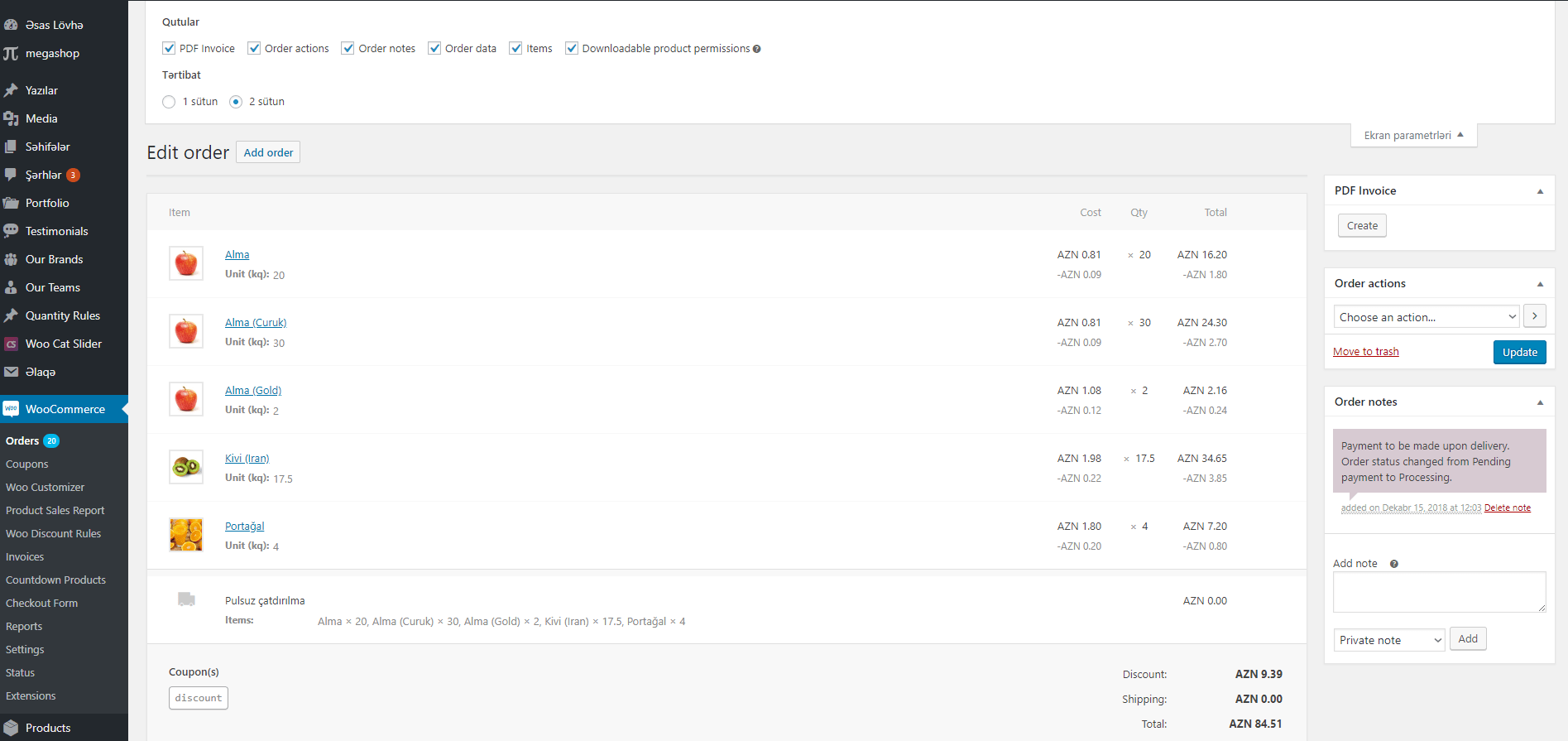
BigCommerce
BigCommerce is a cloud-based ecommerce platform that helps businesses create and manage their online stores. It offers a range of features including customizable templates, payment gateway integration, and marketing tools. It also offers support for multiple languages and currencies, making it suitable for businesses that sell internationally. BigCommerce is a popular choice for small to medium-sized businesses, and offers a range of pricing plans to meet the needs of different businesses.
Squarespace
Squarespace is a website builder and hosting platform that allows users to create professional-looking websites without the need for coding or design skills. It offers a variety of customizable templates and features, including ecommerce capabilities, for businesses and individuals to showcase their products or services online. Squarespace also provides tools for managing and analyzing website traffic, as well as options for integrating with social media and email marketing.
Wix
Wix is a cloud-based web development platform that allows users to create and design professional websites without the need for coding knowledge. It offers a range of templates and design tools, as well as ecommerce and online marketing capabilities. Wix is popular with small businesses and individuals looking to create an online presence quickly and easily.
Shopify
Shopify is a cloud-based ecommerce platform that allows businesses to create and manage an online store. It offers a range of tools and features to help businesses sell their products online, including a customizable storefront, inventory management, and payment processing. While it is a popular choice among many businesses, it may not be the best fit for everyone due to its subscription-based pricing model and limited customization options.
Americommerce
Americommerce is an ecommerce platform that offers a range of features and tools for businesses to build and manage their online stores. It provides customizable templates, a range of payment gateways, and integration with social media. It also has a mobile app for managing stores on the go. However, it is worth noting that Americommerce may not be the best fit for all businesses, as it may not have all the features or capabilities that some businesses require.
Square online
Square is a payment processing and financial services company that offers a range of products and services for businesses, including an online store builder. Square's online store builder allows businesses to create a customizable online store and accept payments online. Square also offers a point-of-sale system for in-person transactions and various financial services, such as invoicing and accounting tools. It's important to carefully consider the features and pricing of all available options before deciding on a platform for your business.
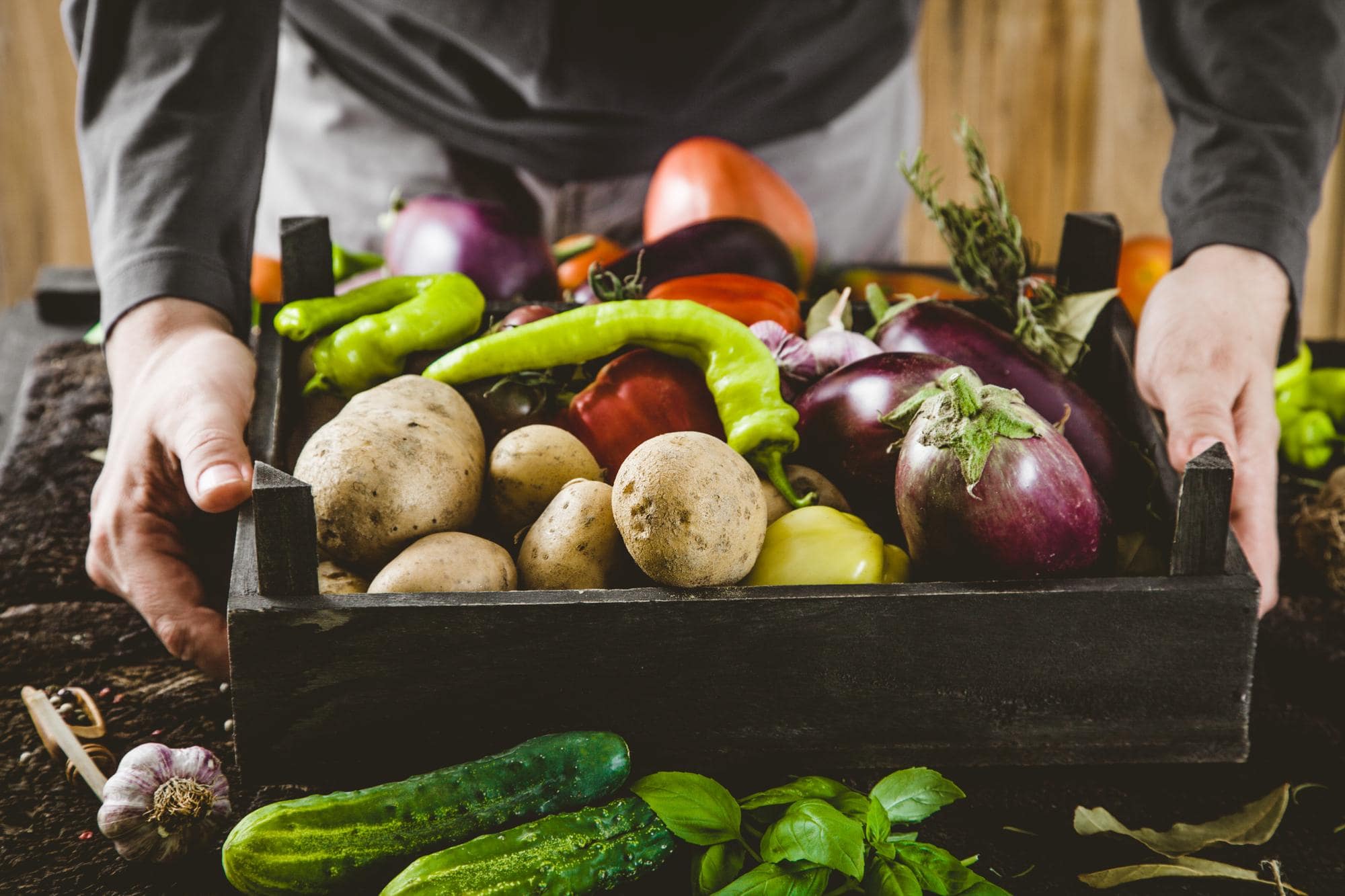
How can you sell your organic products from home?
The benefit of selling online is that you do not need a real and physical marketplace. You can sell from your home; then, do the delivery. Selling your organic products online is easier. You can create your e-commerce website and handle the third party also.
- You can set up a store on one of the above-mentioned platforms.
- You may wish to become an online affiliate of one of the companies.
- You would like to sell your organic production.
- You are highly recommended to make videos and photography of your farm, garden, and products.
- You can list your products either on your website or other online marketplaces like Amazon.
- You can also advertise your organic products through social media platforms like Facebook, Instagram, Tik Tok, and the rest.
What are the benefits of getting your organic food online store?
An online store can be an excellent way to access a wide variety of
high-quality organic products while enjoying the convenience of online
shopping. There are several benefits to purchasing organic foods through an online store, including:
Convenience: Online shopping allows customers to purchase organic foods without leaving their home, making it easy and convenient to access a wide variety of organic products.
Variety: Online stores often carry a wider selection of organic products than traditional brick-and-mortar stores, giving customers access to a greater variety of products.
Competitive pricing: Online stores often have lower overhead costs than traditional stores, which can allow them to offer more competitive pricing on organic products.
Easy comparison shopping: Online stores make it easy for customers to compare prices and products, helping them to make informed purchasing decisions.
Delivery: Some online stores offer delivery options, which can save customers time and effort by having the organic products delivered directly to their door.
Access to local and small farmers: Online stores provide a platform for small local farmers and producers to sell their organic products, which can help to support local communities and economies.
Transparency: Online stores often provide more detailed information about the origin and production of the organic products they sell, which can help customers make more informed purchasing decisions.
Personalization: Some online stores offer the option for customers to create a personal profile, which allows them to keep track of their purchase history, set up subscriptions for recurring orders, and get tailored recommendations for products.
Order tracking: most online stores have a tracking system that allows customers to track the status of their order, from the time it's placed to the time it's delivered.
Why do customers prefer to consume organic food today?
The eating style of people has changed today. Many more people value their health. They eat more vegetables and even try to substitute organic food instead of using inorganic food. The truth is that foods that grow organically are safer, less poisonous, and more nutritious. Hereby, the reasons that people go for an organic diet include the following: [When promoting your organic foods, make sure to focus on the following key points]
Fewer chemical toxins
Fewer pesticides
More healthy
Less artificial fertilizer
Safe in quantity
Absence of synthetic hormones
Eliminates the risks of cancer
Restricts the harm to vulnerable groups like children and pregnant women
Cheaper in price
Lower the risk of certain diseases
Absence of additives
Gluten-free food
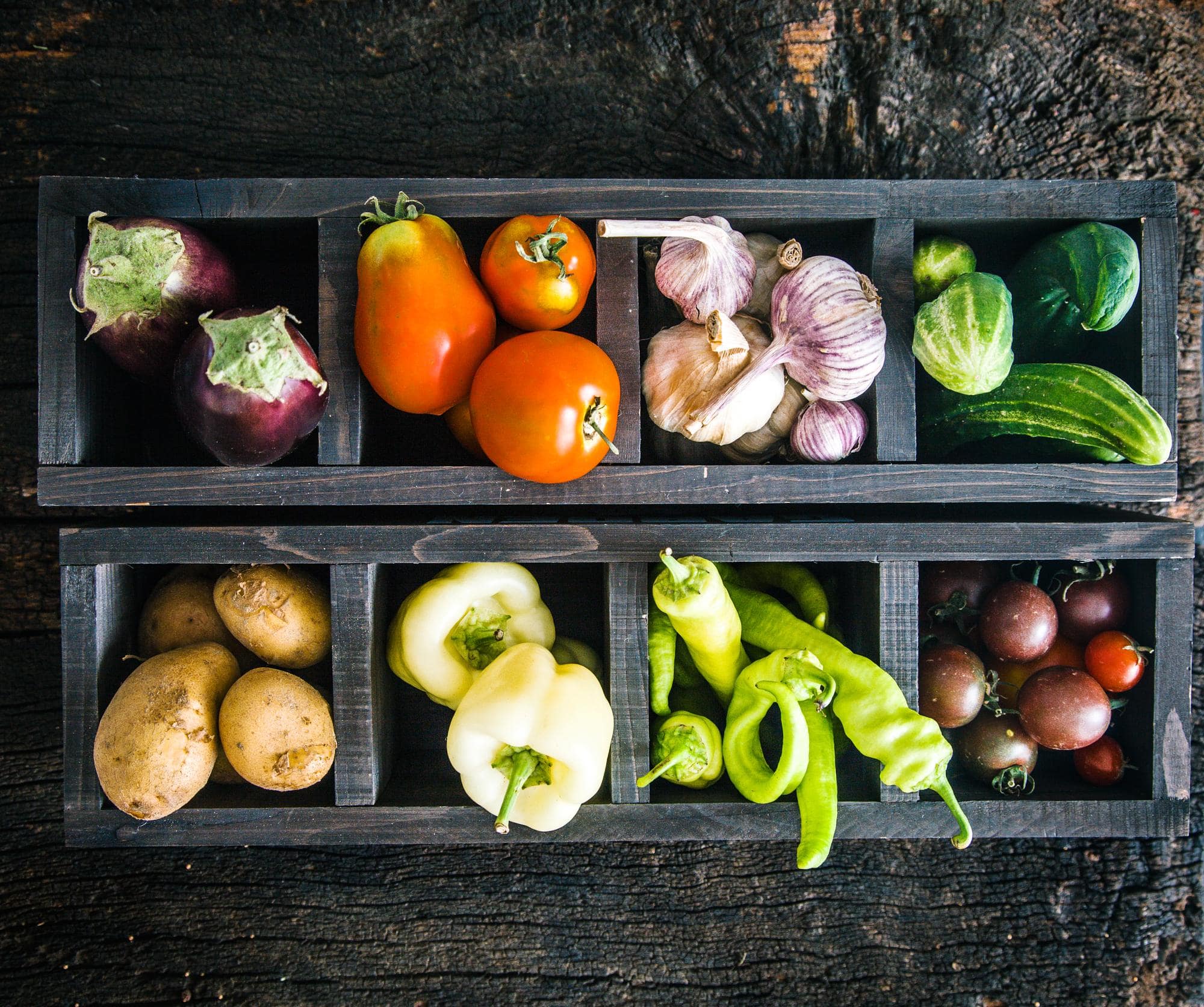
What is the future of organic farming?
Growing organic food is a suitable method to protect nature. It promotes the culture of environmental consciousness. Assigned as an environmentally friendly method, it lowers the risk of using pesticides.
It has shown that organic farming increases the long–term sustainability. In this way, we the human beings value the importance of the earth’s resources. Organic agriculture promotes sustaining these resources. There will be less concerning pollution in soil and water supplies.
On the other hand, people realize that purchasing organic food items will enhance the importance of Planet protection and raise awareness for organic farming. Producing organic foods is a good strategy to save future farming. It helps us to tackle the ecological crisis and climate change.
Top inspiring success stories of home-based organic product businesses
Wildflower Honey. Wildflower Honey is a small home-based business that sells a variety of organic honey products. The company was founded by a beekeeper who sources all of their honey from local, organic sources. Wildflower Honey has gained a loyal customer base for their high-quality products and commitment to sustainability.
Purely Elizabeth. Purely Elizabeth is a home-based business that sells a variety of organic, gluten-free, and non-GMO granola and grain-free baking mixes. The company was founded by a health coach and has experienced rapid growth since its founding in 2009, with products available in major retailers across the United States.
Love Good Fats. Love Good Fats is a home-based business that sells a variety of organic, keto-friendly snacks and protein bars. The company was founded by a health coach and has gained a devoted following for their tasty and healthy products.
The Little Seedling. The Little Seedling is a small home-based business that sells a variety of organic, non-toxic baby products. The company was founded by a mom who was looking for safer, healthier options for her children and has gained a loyal customer base for their high-quality products.
The Honest Company. The Honest Company is a home-based business that sells a variety of organic and non-toxic personal care and household products. The company was founded by actress Jessica Alba and has experienced rapid growth since its founding in 2011,
Understanding the regulations for selling organic foods in the US 🇺🇸
Organic foods are grown and produced using methods that avoid the use of synthetic chemicals, pesticides, and genetically modified organisms (GMOs). To be labeled as "organic," a product must meet certain standards set by the United States Department of Agriculture (USDA).
The USDA's National Organic Program (NOP) sets the regulations for organic food production, handling, and labeling. Producers must be certified by a USDA-accredited certifying agent and must follow specific production and handling standards. These standards include:
- Using organic seeds and planting stock whenever possible
- Using organic farming methods, such as crop rotation and composting
- Using natural pest and weed management techniques
- Avoiding the use of synthetic pesticides, fertilizers, and antibiotics
- Avoiding the use of GMOs
- Separating organic and non-organic products to prevent contamination
Products labeled as "organic" must contain at least 95% organic ingredients. Products labeled as "made with organic ingredients" must contain at least 70% organic ingredients.
Understanding the regulations for selling organic foods in Europ 🇪🇺
In Europe, organic foods are regulated by the European Union (EU) through the EU Organic Regulation. The regulation sets standards for organic production, processing, labeling, and control of organic products throughout the EU.
To be labeled as organic, a product must contain at least 95% organic ingredients and must have been produced in accordance with EU organic production regulations. These regulations include:
- Using organic seeds and planting stock whenever possible
- Using organic farming methods, such as crop rotation and composting
- Using natural pest and weed management techniques
- Avoiding the use of synthetic pesticides, fertilizers, and antibiotics
- Avoiding the use of GMOs
- Separating organic and non-organic products to prevent contamination
- Maintaining detailed records of all production and sales activities
Organic products must be certified by an EU-approved organic certification body and must carry the EU organic logo on their packaging.
It's important to note that each EU member state may also have additional regulations for organic food production and labeling. Additionally, organic food imported from outside of the EU must also comply with EU organic regulations and be certified by an EU-approved certifying body. EU Organic regulations are strict and comprehensive, ensuring that products labeled as organic meets the standard set by the European Union.
Start your organic foods multi-vendor marketplace with selldone: a step-by-step guide
Starting a multi-vendor marketplace for organic foods with Selldone is a straightforward process. First, sign up for a Selldone account. You can start for free and then upgrade to the enterprise plan. The enterprise plan is designed specifically for marketplace owners and includes all the necessary features and tools to run a successful marketplace. Next, customize your marketplace's design and layout using the visual no-code editor and select a color plate that aligns with your organic foods niche. Next, set up your payment gateway(s) to allow vendors to receive payments for their products. SD supports global and local payments like Stripe, Paypal, Razorpay, Xendit, Mercadipago, Momo Pay and etc.
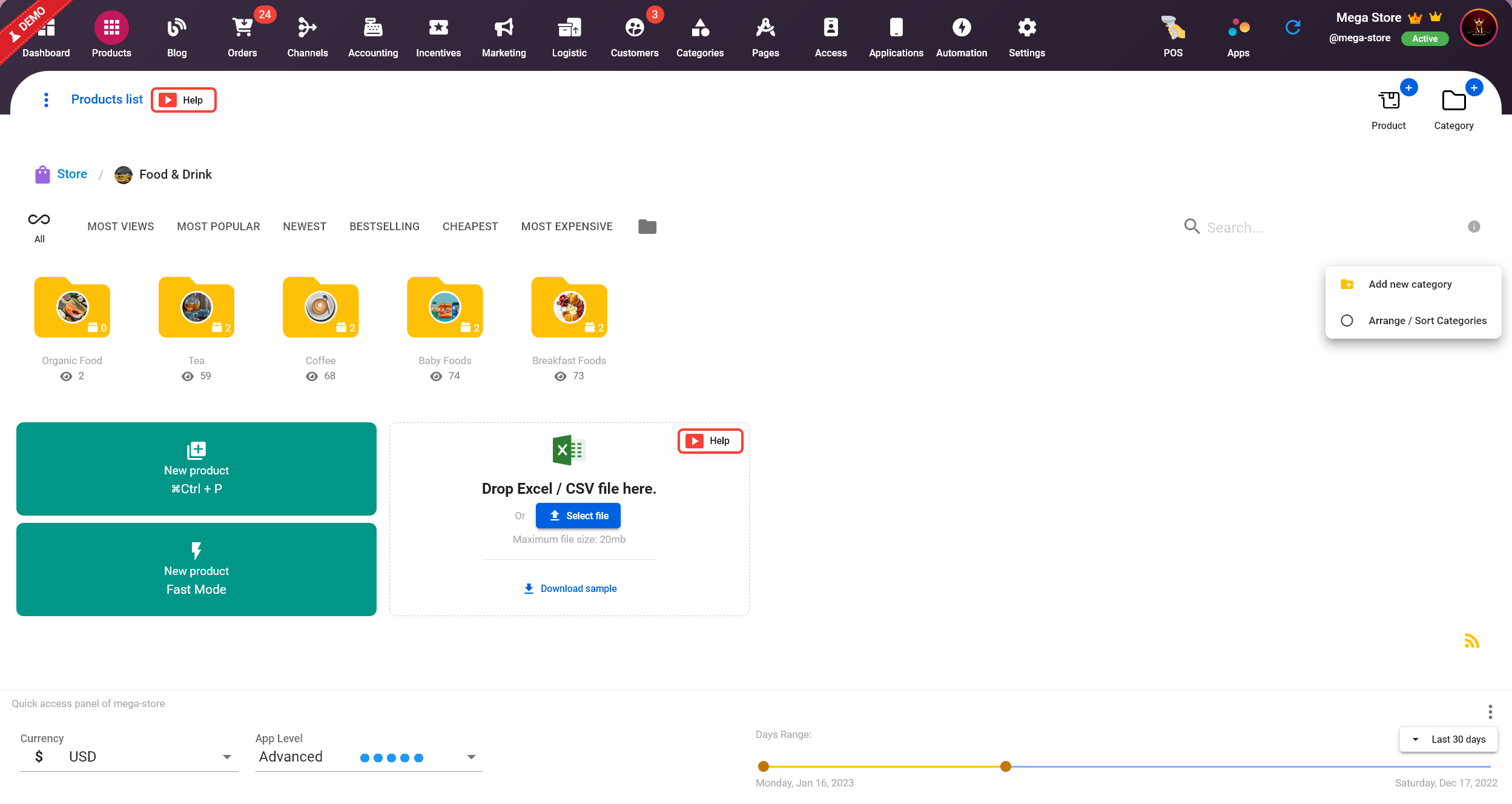
Now you can start onboarding vendors. You can do this by inviting vendors to apply to sell on your marketplace or by adding vendors manually. To attract high-quality vendors, you can create a detailed vendor onboarding process that verifies their products are organic and meets your standards.
You can also configure your marketplace settings such as shipping rates, taxes, customer flow, and more to ensure a great customer experience. Once your vendors have been added, you can start adding products to your marketplace. To ensure that all products of your vendors are organic, you can set up a validation process that verifies the products meet your standards and are labeled properly.
Finally, promote your marketplace to your target audience and continue to improve and optimize your marketplace based on customer feedback and vendor performance. With Selldone, you can easily manage and scale your organic food marketplace with marketing, incentives, design landing pages, and fulfillment tools without the need of installing or purchasing any plugins or apps.
Read the full article about how to start my marketplace here:
Final Note
Organic foods let us live healthier and safer. Artificial colors and flavors are absent in naturally grown foods and groceries. All-natural groceries are cheaper and less harmful to nature. You can start selling your organic productions online to both spreads the culture of using and producing them and protecting the Earth.
Make Your Business Online By The Best No—Code & No—Plugin Solution In The Market.
30 Day Money-Back Guarantee
Say goodbye to your low online sales rate!
I am sensitive to your eating habits. What should I do?
Organic foods are useful for every group of ages especially those vulnerable people like children and pregnant women.
What are the top organic website builders?
They are a lot. You may like to benefit from the one which suits your brand and requirements the best. They include Selldone, Wix, Shopify, Selldone, BigCommerce, and so on.
What Should I do if I want to sell my Organic products online?
First, you are suggested to create your online store. Second, work on your content and blogs. Third, manage your social media channels.
What should I notice while buying organic foods?
It is necessary to pay attention to the standards of organic labeling.
How do I choose the right website builder platform for my organic product business?
There are a few key factors to consider when choosing a website builder platform for your organic product business. These include:
- E-commerce capabilities
- Customization options
- Pricing and payment options
- SEO and marketing tools
- Customer service and support
How do I source my organic products?
There are a few options for sourcing organic products for your business. You can grow your own products, purchase them from a wholesale supplier, or partner with a local grower or farmer.
How do I create high-quality product images and descriptions?
Good product images and descriptions are essential for attracting and converting customers. Here are a few tips to consider:
- Take clear, professional-looking photos: Use good lighting and high-resolution cameras to capture clear, attractive images of your products.
- Write detailed, informative descriptions: Make sure to include all relevant information about your products, including materials, size, and any special features or benefits.
- Use SEO-friendly language: Use relevant keywords in your product titles and descriptions to help your products rank well in search results.
How do I market my organic product business?
There are many marketing strategies and channels that you can use to promote your organic product business. These may include:
- Social media marketing
- Email marketing
- Paid advertising
- Influencer partnerships
- Content marketing (e.g. blog posts, product reviews)
What are some examples of organic home-based businesses?
Examples of organic home-based businesses include: an online store that sells organic food, a home-based bakery that uses organic ingredients, a small farm that raises organic livestock, or a home-based business that makes and sells organic skincare products.
How do I get started with an organic home-based business?
Starting an organic home-based business typically involves identifying a niche market, researching products or services, creating a business plan, and obtaining any necessary licenses or certifications.
- Identify a niche market: Research and identify a specific area of the organic industry that interests you and that you have knowledge or passion for.
- Research products or services: Research products or services that are in demand within your chosen niche market.
- Create a business plan: Develop a detailed business plan that outlines your business goals, target market, marketing strategies, and financial projections.
- Obtain licenses and certifications: Determine what licenses and certifications are required for your specific business and obtain them as necessary.
- Set up a home office: Set up a dedicated space in your home to use as your office.
- Establish a budget: Establish a budget for your business and create a plan to manage your finances.
- Develop a marketing strategy: Develop a marketing strategy to promote your business and reach your target market.
- Network with other businesses: Network with other businesses in the organic industry to gain knowledge, advice, and potential partnerships.
- Launch your business: Once you have completed all necessary preparations, launch your business and start reaching out to customers.
- Constantly evaluate and improve: Regularly evaluate the performance of your business and make necessary improvements to continue growing and thriving.



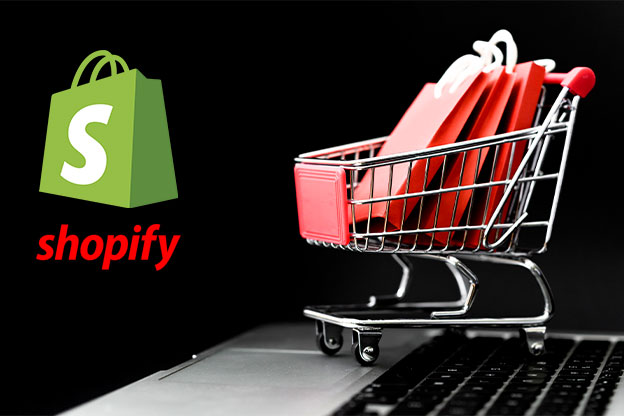



![How to Start a Dropshipping Business with no Money? [2022 Beginner’s Guide]](https://cdn.selldone.com/app/contents/articles/220111howtostartdropshippingforfreejpg39d69b1c939336ea1dca12956bfbe2b5.jpg)
